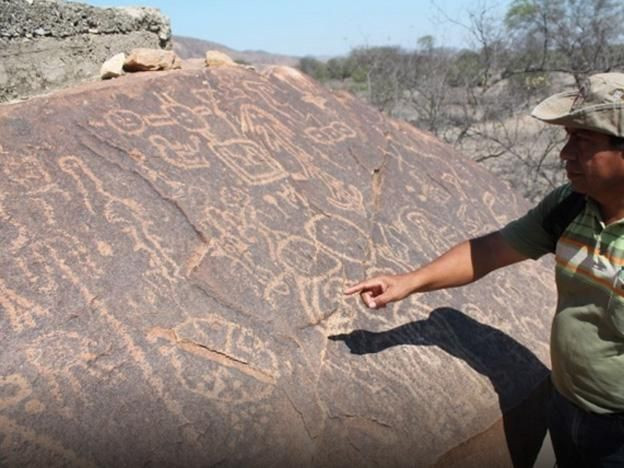
Archeologists in South America have made an astounding new discovery in the northern region of Peru, where they have found remnants of an ancient astronomical laboratory. The finding, located in the archeological complex of Licurnique, is reported to be in early stages. According to Peru This Week, the excavators discovered astronomical functions engraved on rocks dating as far back as 4,000 years.
The Licurnique complex also contains a petroglyph (more commonly known as rock engravings) with a stone altar, which is believed to have religious and superstitious significance. The petroglyphs reportedly depict the inhabitants of Licurnique. As for the astronomical observations, the flat-surface rock has engravings of star patterns and rain forecasts. Excavators Juan Martinez and Manuel Curo told Peruvian news agency Andina that another unique finding of the site is that it contains a blend of Hispanic, Andean and ancient influences in "customs, art and beliefs."
The discovery was made in the Lambayeque region, which has become an archeological gold mine. Just last year, a religious center from pre-Incan Chavin culture was discovered in the history-rich area. The discovery was made, according to archeologist Walter Alva, while trying to test a hypothesis that each valley in the region has a temple dedicated to the water and fertility cult. "The central part of the temple is where two monoliths were found that bear images typical of the Chavin culture," said Alva to Fox News.
© 2025 Latin Times. All rights reserved. Do not reproduce without permission.




